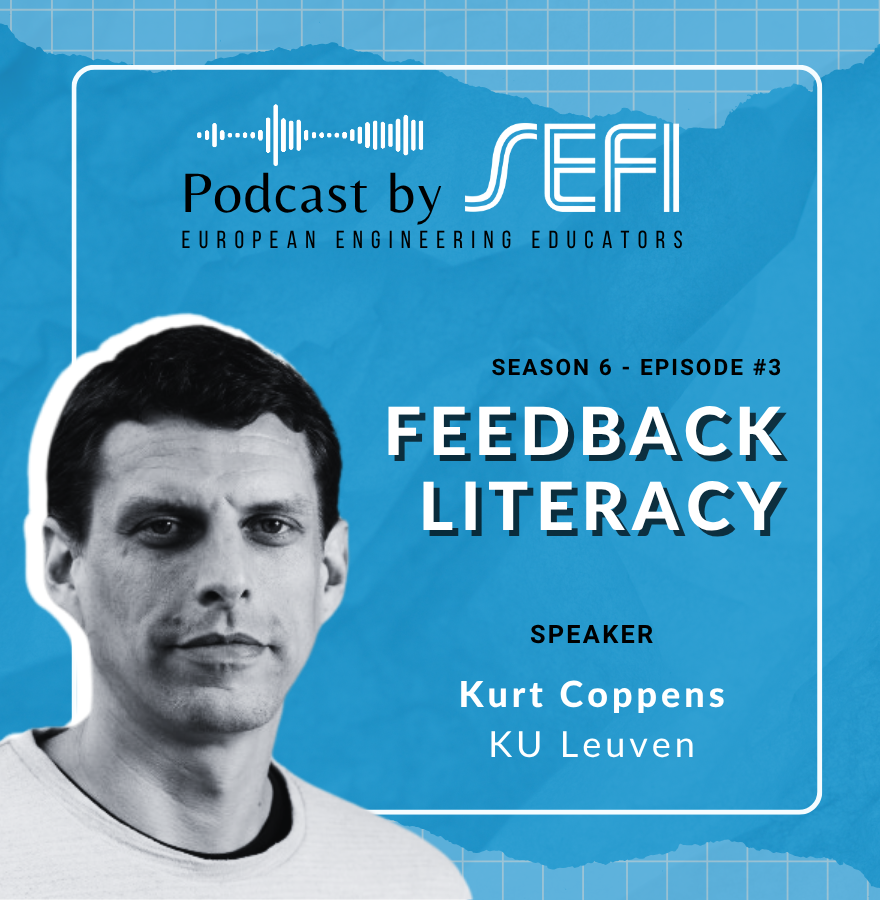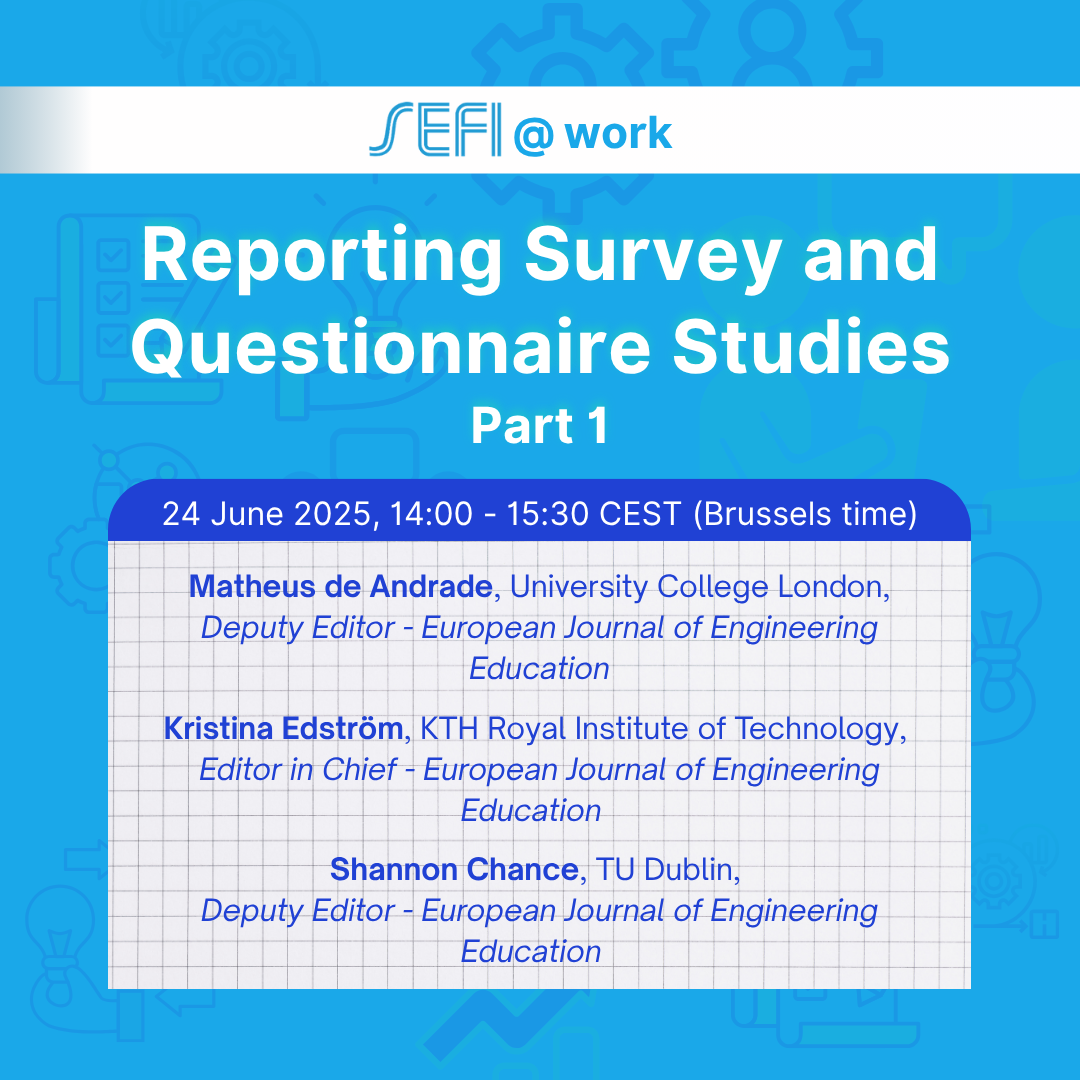Feedback is a somewhat perennial topic within higher education (HE), with increasing emphasis on students…
Kate Roach, Emanuela Tilley, UCL, The UK
Undergraduate programmes at UCL Engineering underwent major reform in 2014 with the inauguration of what became known as the Integrated Engineering Programme (IEP) (Graham 2018). It consists of a series of modules and activities that cut across several engineering disciplines, interweaving through departmental disciplinary curricula. The main aim of reform was to introduce multiple active pedagogies across curricula in which students can integrate technical knowledge with professional and social skills. Technical and social knowledge that supports project work is taught in traditional settings alongside team-based projects that are contextually rich and encourage the application and integration of knowledge. At its core, the IEP was a response to the need for universities to equip students with knowledge and skills that enable them to thrive in 21st century professions.
The teaching framework of the IEP deliberately empowers students to think through and cope with the world in its full complexity. This requires that students are exposed to complex social, personal, environmental, and economic dynamics whilst engaging with the robust technical education associated with accredited engineering degree programmes in the UK. Interdisciplinarity, research-based learning, collaborative working, authentic learning, and project-based learning (PjBL) were the touchstones of our philosophy at the outset (Mitchell et al 2019) and are still core to our delivery today.
Furthermore, challenge-based learning is a foundational cornerstone of the IEP and close to 1000, Year 1 students engage in a ten-week, immersive experience in term one of their study at UCL Engineering (Tilley 2022). Early in their education at UCL, this introduces students to the understanding that real-world engineering projects are complex, interdisciplinary, ill-defined and somewhat open-ended with no obvious right solution. Our approach to challenge-based learning takes an interdisciplinary perspective and provides engineering students with opportunities to work with peers from other disciplines. Our research on these students indicates that they are more open to investigating the problem at the root of the project, than they are when tackling single-discipline projects. At the same time, they develop an openness to perspectives of team members from outside their own discipline and their expertise (Lahiff et al. 2018).
Since the inception of the IEP, deep anxieties over human social and natural contexts have surfaced around the globe. The emergence of movements such as Black Lives Matter, Me Too, Greta Thunbergs’ School Strikes, to name a few, have focused attention intensely on EDI/DEI principles and ethics, as well as on climate change, climate justice, welfare and security. The pandemic and the war in Ukraine seem to have served only to demonstrate to us that such concerns are indeed well justified. The extent of cultural change has triggered procedural or existential reviews in myriad institutional settings. We are no exception and have instigated work on the IEP to bring it in line with these cultural drivers, which form a core life experience for the young adults in our undergraduate cohorts today.
Decidedly, we’ve undertaken a deep review of our curricula to seek opportunities to support skill development relevant to socially responsible, ethical and sustainable engineering practice and design. We aim to infuse our curricula with questions and debate relevant to pressing 21st-century challenges. The vision is to provide our students with a deeply engaging practical and technical experience while enabling them to access the kind of higher-level thinking needed to debate the subtleties of normativity in EDI/DEI or sustainability, and economics, governance and more.
IEP students complete nine different projects by the time they reach the end of year 2. This feature gives us scope to apply such complexities as ethical dilemmas, sustainability trade-offs, community mediation or wicked problem solving within the context of different activities, content, and pedagogical settings. Yet, we like many other higher education institutions are constrained by the need to avoid adding content into already overloaded curricula. This led us to seek coherence for a siloed set of concerns by using the method of Responsible Innovation (RI) (UK Research and Innovation 2022).
The UK AREA framework for RI (Anticipation, Reflection, Engagement and Action) gives us a relatively straight forward set of questions that can be woven through any engineering project (Roach 2022). As a method it offers a structure for big-picture thinking by asking ‘what if’ anticipatory questions about future technologies; reflecting on (and responding to) the answers; actively engaging with stakeholders to test out and co-create future scenarios; and integrating these understandings into proposals for action that aim to be transparent and inclusive.
Questions like these are demanding and have traditionally been beyond the remit of engineering in higher education, but 21st-century problems are complex, wicked, messy and ask more, much more, of our engineering leadership than technical mastery. We are at the beginning of our journey to embed RI frameworks in our IEP curricula. In doing so we hope to equip our students to lead the profession in engaging with the complexities of 21st-century problems and to create solutions that enable people and the planet to thrive.

